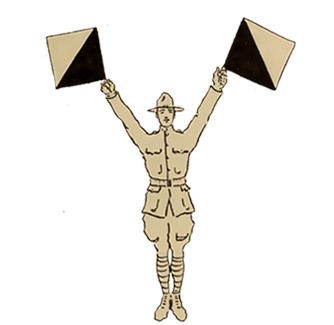Dateline:October 24, 2021
Junior Gilliam

Comments on Jim Gilliam?
Ownership carries responsibilities, including an obligation to James William Gilliam, known as Junior,who played mostly second base for the Brooklyn and interloper Dodgers. Mr. Fairchild’s olamic, lyrical ode memorializes Junior Gilliam as only Mr. Gilliam deserves.
For Junior Gilliam (1928-1978)
By B. H. Fairchild©
Mr. Gilliam shares the soul of what we’d like to remember about the 50s, work ethic, selfless individualism, team play, patience, and self regard. He started poor, played in the Negro Leagues, went to the majors, and hung on by sheer grit to make a career that summed up to much more than its remarkable stats. He died suddenly, left memories of skill and endurance, and passed into that distant twilight Yeats bethought for those who’ve learned, “To troop with those the world’s forgot, /And copy their proud steady gaze.”
But Mr. Gilliam is far from forgotten. He pops up when people, mostly old men, let the summer recollections of that much derided decade saunter through their memories. Rich Lederer, baseball analyst and part time finanical wizard, is from a later age, but his father covered Gilliam, and Rich wound up with Gilliam's glove. Vin Scully watched Gilliam play, and recorded a famous testimonial in 2015 at Nashville’s renaming of the road in front of First Tennessee Park. When Gilliam died, at age fifty in 1978, he was remembered around the world. Phil Gurnee made the case for Mr. Gilliam in 2010 (see below).
On 5/21/15, the Nashville Metro Council authorized the stretch of road in front of First Tennessee Park, home of the Nashville Sounds. On 7/28/15, Sounds owner Frank Ward, Metro Council District 13 representative Erica Gilmore and Nashville Mayor Karl Dean held the official unveiling of the new street sign honoring Junior Gilliam. The official address of First Tennessee Park will forever be known as 19 Junior Gilliam.
...
Mr. Gilliam, we safely conclude, was what well intentioned people hope to be, and what others pretend they are.
The dedication of 19 Junior Gilliam Way in Nashville.

...








